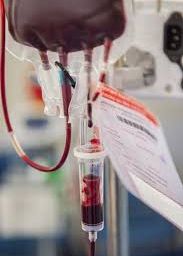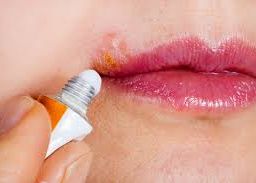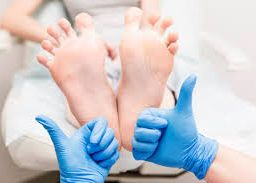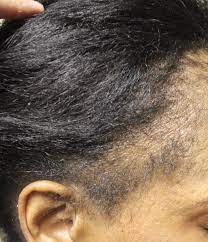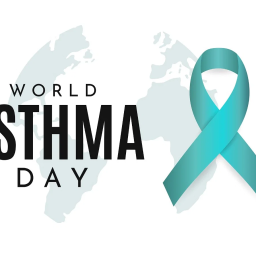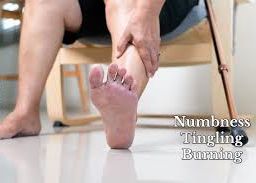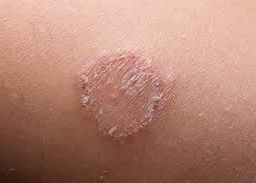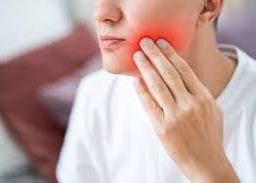
Introduction to Women’s Health Screenings: Why They’re Essential
Welcome to Women’s Health 101, where we prioritize screenings and empower women to take control of their well-being. we’ll navigate the essential screenings every woman should consider, ensuring proactive healthcare and peace of mind. Let’s embark on this journey of self-care together!

Women’s health is a dynamic and essential aspect of overall well-being. As women, we play multiple roles and often prioritize the needs of others. However, it’s crucial to remember that self-care and preventive healthcare are equally important. Let’s embark on a journey of self-care and well-being!
Important Screenings and Healthcare Tips
1. Pap Smears and HPV Testing:
Regular cervical cancer screenings, such as Pap smears and Human Papillomavirus (HPV) testing, are vital for early detection and prevention. These tests can detect abnormal cervical cell changes and the presence of high-risk HPV strains, which are linked to cervical cancer. Talk to your healthcare provider about recommended screening intervals and understand the importance of regular cervical cancer screenings.
2. Mammograms and Breast Health:
Breast cancer is a significant concern for women, and mammograms are essential in its detection. Discuss with your healthcare provider when to start mammograms and how frequently they should be done based on your age, family history, and risk factors. Additionally, be proactive in performing regular breast self-exams and report any changes or concerns to your healthcare provider promptly.

3. Bone Density Tests:
Osteoporosis, a condition characterized by reduced bone density, primarily affects women as they age. Bone density tests, such as Dual-Energy X-ray Absorptiometry (DEXA) scans, help identify bone loss and assess the risk of fractures. Discuss with your healthcare provider when to start bone density testing and how often to screen for osteoporosis.
4. Preventive Care and Screenings:
Beyond specific screenings, preventive care plays a crucial role in women’s health. Regular wellness check-ups, blood pressure measurements, cholesterol screenings, and diabetes screenings are essential for early detection and management of potential health concerns. These routine assessments provide an opportunity to discuss overall well-being, address concerns, and make lifestyle modifications as needed.
5. Reproductive Health and Family Planning:
For women of reproductive age, reproductive health and family planning are significant considerations. Regular gynecological exams, contraceptive counseling, and discussions about family planning options are essential. Stay informed about various contraceptive methods, including hormonal options, barrier methods, and long-acting reversible contraceptives (LARCs), to make informed choices that align with your lifestyle and reproductive goals.

6. Mental Health and Emotional Well-being:
Women’s health extends beyond physical well-being to encompass mental health and emotional well-being. Prioritize self-care, stress management, and seek support if needed. Regular exercise, mindfulness practices, and connecting with loved ones are essential for maintaining a healthy mind and emotional balance.
7. Healthy Lifestyle Choices:
Maintaining a healthy lifestyle is foundational to women’s health. Focus on a well-balanced diet rich in fruits, vegetables, whole grains, and lean proteins. Engage in regular physical activity that suits your preferences and abilities. Avoid smoking, limit alcohol consumption, and practice safe sex to reduce health risks.
Women’s health is multifaceted, encompassing preventive screenings, reproductive health, emotional well-being, and healthy lifestyle choices. By prioritizing regular screenings, adopting preventive healthcare practices, and embracing self-care, women can take control of their health and well-being. Remember, you are the captain of your health journey, and investing in yourself is the best gift you can give. So, empower yourself, make informed choices, and embark on a lifelong journey of vibrant health and well-being!
Disclaimer: The information provided in this content is for general informational purposes only. It is not intended as medical or healthcare advice, diagnosis, or treatment. Always seek the advice of a qualified healthcare professional with any questions you may have regarding a medical condition or healthcare decisions.



